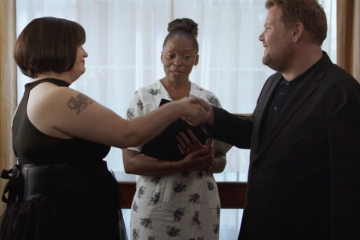The Unexpected Link: Boris Johnson and Love Island

Introduction
The intersection of politics and popular culture often yields surprising connections, and one such example emerged recently with former Prime Minister Boris Johnson and the television phenomenon, Love Island. The allure of reality TV is undeniable, capturing the attention of millions, while the political landscape is in constant flux. Understanding how public figures interact with such cultural phenomena is essential for grasping their influence and relevance in modern society.
Boris Johnson’s Recent Comments
In a recent podcast appearance, Boris Johnson made headlines by referencing Love Island in a discussion about youth engagement in politics. He expressed concern that many young people are more informed about the drama of reality television than the workings of their government. His comments sparked a lively debate about the role of entertainment in shaping societal priorities.
Public Reaction
The reaction to Johnson’s remarks was swift and varied. Social media platforms were flooded with memes and comments, ranging from supportive to critical. Some defended his viewpoint, arguing that the allure of shows like Love Island distracts from critical political issues, while others condemned the former Prime Minister for failing to address real political engagement among youths. This incident underscores the challenge politicians face in connecting with younger generations.
Cultural Significance
Love Island, known for its catchy taglines and dramatic relationships, has become a cultural touchstone in the UK. Its widespread reach has made it a frequent lens through which to examine youth culture and societal norms. Johnson’s juxtaposition of Love Island with political engagement illuminates a broader conversation about what captures the attention of the electorate, particularly younger voters.
Conclusion
Boris Johnson’s comments serve as a reminder of the intricate relationship between politics and popular culture. As reality shows continue to dominate television ratings, the challenge for political figures will be to capture the same level of interest and engagement. The future suggests a potential shift, with politicians possibly looking to incorporate more relatable content into their outreach efforts to appeal to a generation more attuned to love dramas than legislative debates. Understanding these dynamics could prove essential in shaping the political landscape in the years to come.









